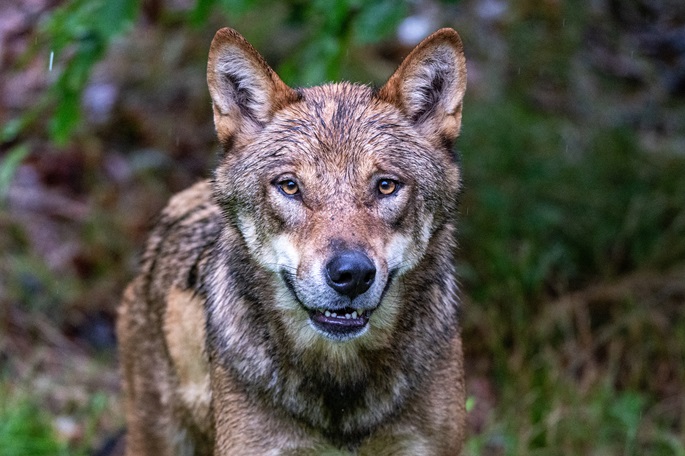Wolves in Germany have among the highest survival rates: Study
Published : 02 Nov 2024, 22:31
The survival rates of the German wolf population are among the highest in the world, according to a new study that helps explain their rapid expansion in the country, reported dpa.
In the nearly quarter-century since the canines returned to Germany the annual survival probability for young wolves averaged 75% and 88% for adults, said Stephanie Kramer-Schadt of the Leibniz Institute for Zoo and Wildlife Research in Berlin.
The figures, presented this week in the journal Wildlife Biology, were evaluated using long-term data compiled by the Federal Documentation and Consultation Centre on Wolves.
According to previous analyses, the highest recorded survival rates for adult wolves in other non-hunted populations were 78% in the United States and 82% in alpine regions of Europe.
The research team attributed the high rates in Germany to the abundance of well-suited habitats and strict legal protection.
However, once the carrying capacity of an area is reached, a decline in survival rates is expected. Kramer-Schadt noted the population in Germany is still expanding, but growth will slow once optimal habitats are occupied.
Researchers highlighted road traffic as a major threat, with young, inexperienced wolves often being hit by cars.
Recent findings indicate that the average age of wolves in Germany is about three years, with the highest documented age nearly 13 years. The average number of offspring per litter is four.
The Eurasian wolf (Canis lupus lupus) was wiped out in Western Europe by the mid-19th century due to extermination efforts and habitat destruction. In Germany, it was considered extinct for over 100 years before wolves began migrating again from Poland at the turn of the century.
In the 2022-23 monitoring year there were 184 wolf packs, 47 wolf pairs and 22 resident lone wolves in Germany, according to government data.


